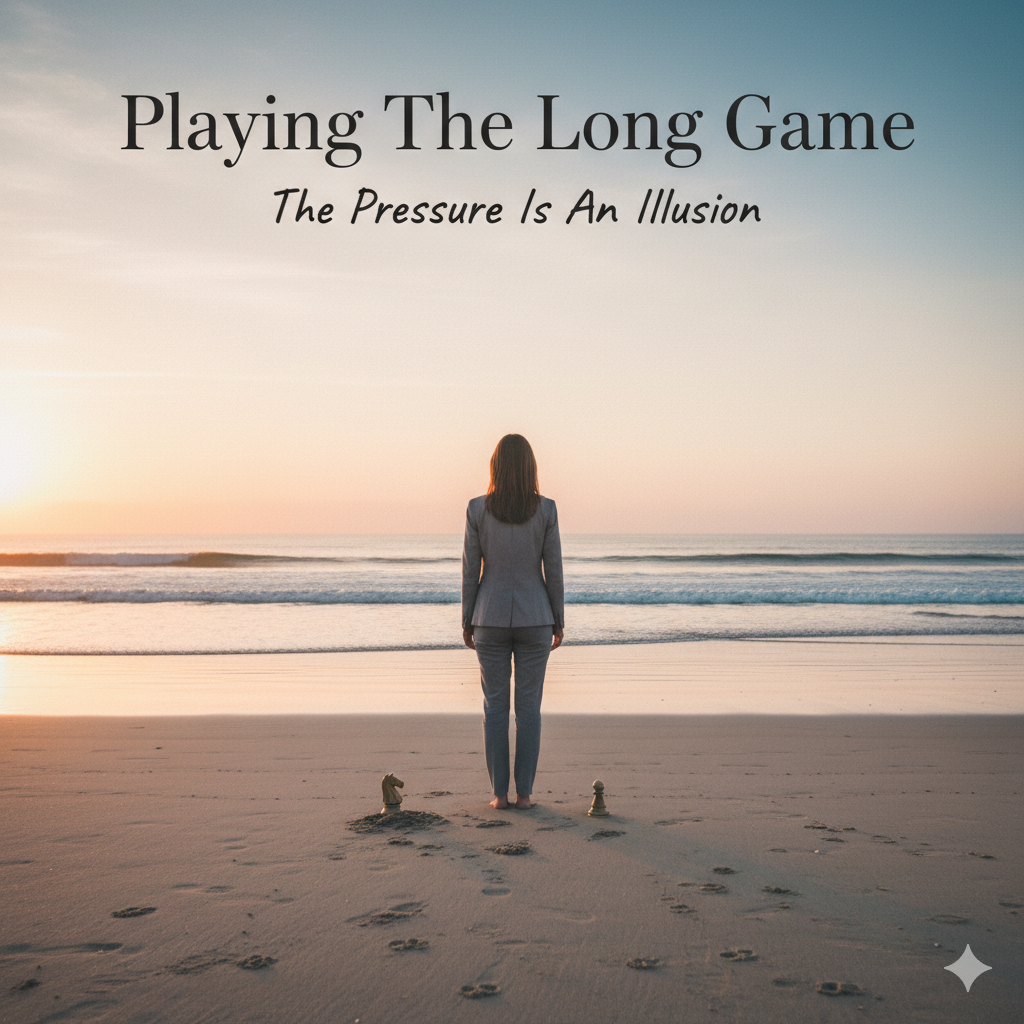The Anxiety Trap: Why We Overestimate the Spotlight
We all do it. Before speaking up in a meeting, starting a conversation with a stranger, or launching a bold new project, we feel a knot of fear. This fear is driven by one simple assumption: Everyone is watching and judging my every move.
In psychology, this feeling is known as the Spotlight Effect. It’s the powerful but mistaken belief that we are constantly the center of attention, and that the awkward things we do are noticed and scrutinized far more than they actually are. This is the root of shyness, social anxiety, and professional paralysis.
The Liberating Truth: Everyone Is the Main Character in Their Own Movie
Here is the hard-hitting, liberating truth that will fundamentally change the way you approach life:
No one cares about you as much as you think they do.
And that's the best news you'll ever hear.
Your acquaintances, colleagues, and even the strangers you pass on the street are not spending their day analyzing your new haircut or replaying the slightly awkward comment you made yesterday. They are focused on their own lives, their own worries, their own ambitions, and their own Spotlight Effect.
This realization—that you are not under constant surveillance—is the ultimate freedom. It removes the imaginary pressure to be perfect and gives you permission to mess up, learn, and grow, all while enjoying the anonymity of being an average person.
Stop Being Shy, Start Taking Action
Shyness is often the result of prioritizing your fear of temporary discomfort (judgment) over your goal of long-term gain (opportunity). Once you embrace the fact that the stakes of "embarrassment" are incredibly low, you can shift your focus to action.
Here's how to use the "No One Cares" principle to change your behavior:
1. Reframe Risk as a Learning Experiment
Stop viewing the risk of speaking up as a risk to your reputation. Instead, view it as a low-stakes experiment. If you pitch an idea and it fails, no one remembers it a week later. They remember their own wins and losses. Your failure is just data you can use for the next, better attempt.
2. Stop Overthinking, Start Overdoing
Shyness thrives on overthinking—paralyzing yourself with "what-ifs" before you take action. The fastest way to break this cycle is to force yourself to act before the anxiety can fully set in.
- Goal: Attend a networking event.
- Old Script: Spend hours agonizing over what to say.
- New Script: Walk in, find the first person standing alone, and ask, "Hi, what brings you here tonight?" The moment of discomfort lasts 15 seconds; the conversation could last an hour.
3. Go Out and Create Your Chances
Opportunities are not given; they are created. This article's core message is a direct call to action: The people who succeed are not the smartest or the most talented, but the ones who consistently show up.
- Want a promotion? You have to ask for it.
- Want to meet new people? You have to approach them.
- Want to start a side project? You have to ship it, knowing it won't be perfect.
When you fail to act, you are sacrificing a tangible chance (a job, a connection, a profit) for the sake of avoiding a phantom jury that doesn't exist.
Conclusion: Your Freedom Starts Now
The fear that people are judging you is a trick your brain plays to keep you safe and small. The reality is that the world is a stage, and while we are the main characters in our own stories, we are mostly just background noise in everyone else's.
Embrace your insignificance. Use the silence of the crowd as your shield. Go out, be bold, make mistakes, and create your chances. The only person you need to impress is the person you want to become.
Leave a comment
Your email address will not be published. Required fields are marked *


